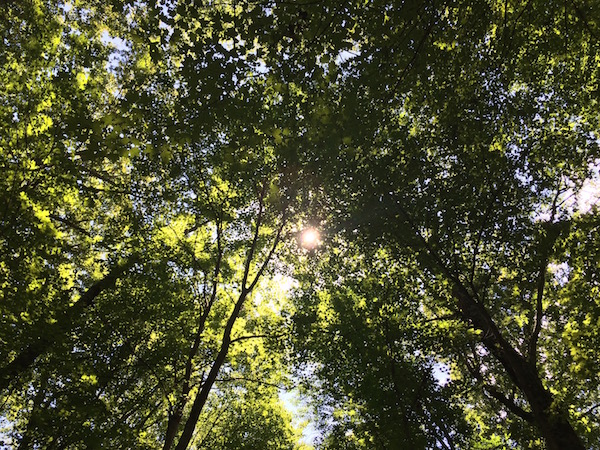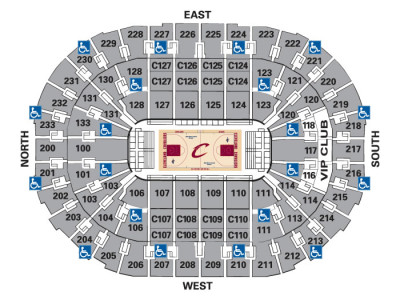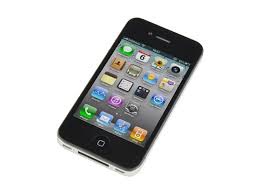Musical selfies
August 5, 2015 • 16 Comments • Posted in baseball, blindness, Mike Knezovich, UncategorizedIn case you missed it, my friend Nancy Faust was featured in an article in last Sunday’s New York Times. Wow. What a fantastic lead sentence to this blog post. What is astounding about that sentence is not that the retired White Sox organist was featured in The Times, but that I can honestly and sincerely call a famous and talented woman like her my friend.

Nancy graciously took time out on her last day at White Sox Park to talk with me (and Hanni, of course).
Nancy comes to my book events when she can. These days I go to hear her play at venues outside of White Sox Park and spend time between tunes talking politics with her husband Joe. She and I keep in touch via email, and she follows our Safe & Sound blog, too – hi, Nancy!
Nancy Faust retired from the White Sox in 2010, and after 41 years, 13 managers and a World Series title, it’s a well-deserved retirement. Still, I gotta say, visits to the ballpark the past five years just haven’t been as fun as they used to be. It’s not that the team is doing poorly – a baseball fan gets used to that – I just miss the way Nancy played the organ during games.
My relationship with Nancy Faust started on that summer day in 1985 when my eye surgeon told Mike and me that none of the surgeries they tried had worked. The two of us were uncharacteristically silent as we started home, until we got to Comiskey Park and Mike noticed the White Sox were playing. “Wanna go?”
Going to a ballgame after learning I’d be blind for the rest of my life might sound like a strange thing to do, but it beat heading home and sitting on our pitiful second-hand couch and wondering where to turn next. “Between bites and gulps and giving me play by play, Mike bantered with other fans, cursing the underachievers on the team,” I wrote in my memoir, Long Time, No See. “I laughed at the tunes selected by Nancy Faust, the Sox organist-she’s famous for picking songs that play on player’s names.”
I stopped by Nancy Faust’s booth at White Sox Park in 2003 after Long Time, No See was published to sign a copy for her. She was tickled to see her name right there in print in my memoir, and I was tickled to have the opportunity to thank her personally for helping me track what was happening on the field. A friendship was born. Now, a dozen years later, Sunday’s New York Times article credited Nancy Faust for reinventing the role of a ballpark organist by incorporating rock and pop songs into her repertoire:
Faust played songs for the fans, for the moment. She did not think players found her music helpful; they had enough to worry about, she thought.
“I didn’t do it for the player; I was there for the enjoyment of the fans,” Faust said.
And boy oh boy, did I enjoy it. When Nancy Faust was at the organ and played Johnny Cash’s “I Walk the Line,” I knew it was ball four. When she played Michael Jackson’s “Somebody’s Watching me,” I knew there’d been a pickoff throw. If she played The Kinks “You Really Got me,” I knew the pick-off play was a success.
Nancy helped me identify who was batting by teasing the player’s name with a tune. Mike’s all-time favorite was the one for Gary Disarcina. No, it wasn’t “Gary, Indiana” from the Music Man. That is wayyyy too obvious. It was “Have you Seen Her?” by the Chi-Lites. As for me, I always loved it when Travis Hafner was in town. At the last Cleveland Indians game I went to, she played “Bunny Hop” for his first at bat, and then J. Geils “Centerfold” “his next time up.
Now this Sunday New York Times story tells me we have Hafner’s Cleveland Indians to blame for the obnoxious loud rock music we hear over the speakers during ballgames – Cleveland was the first MLB team to let their players choose their own walk-up songs. Nancy Faust was still playing for the White Sox when that started happening, and from that point on they had her play walk-up music on the organ only for opposing players. A stadium D.J. controlled the songs for White Sox players from then on. The Sunday New York Times article was about the “surprisingly long, intricate history of walk-up music,” and I absolutely loved this part where Nancy Faust likens the DJ recorded versions as Musical Selfies:
This new approach, she said, eliminated spontaneity, and maybe enthusiasm. “If you have momentum going, and you’ve got three guys on base and the next guy comes up to bat, and you’ve got the fans going crazy — and it all stops to listen to what I might liken to a musical selfie?” Faust said. “It just stops the momentum. And then you’ve got to hope you can get it going again.”
I know what she means. I sure have had trouble getting my Major League Baseball momentum going again since Nancy Faust left in 2010. The article reports on how she retired to fanfare — the White Sox unveiled a plaque for her at a ceremony before one of her final games, and Nancy Faust bobbleheads were handed out the same day. The New York Times said, “Faust, who grew up in Chicago and still lives there, had become a White Sox icon.”
I’m glad the New York Times had the wisdom to interview her for Sunday’s story, and I can only imagine the tune she is playing in her head as she reads this blog post of mine. Rolling Stones “Miss you,” perhaps?



